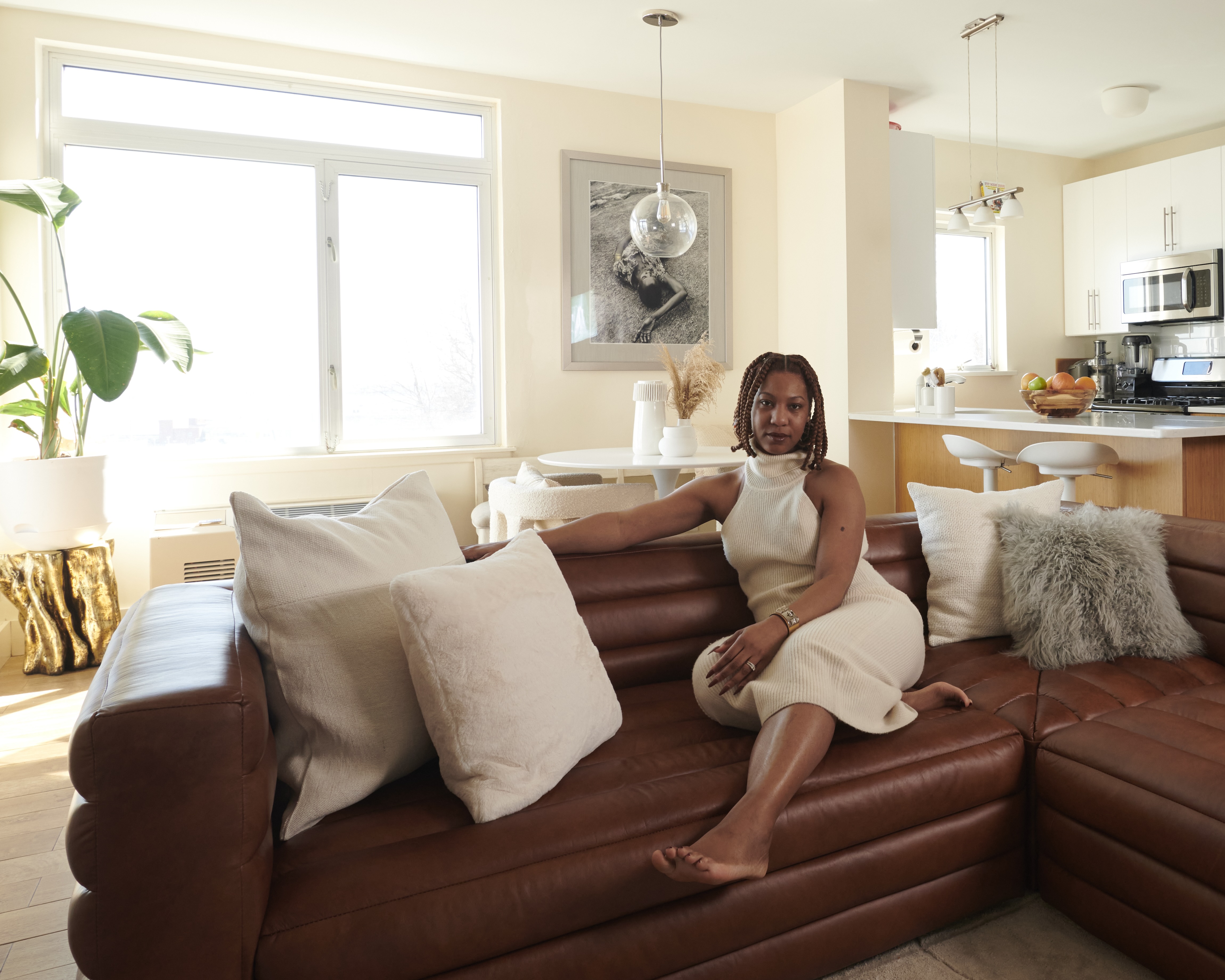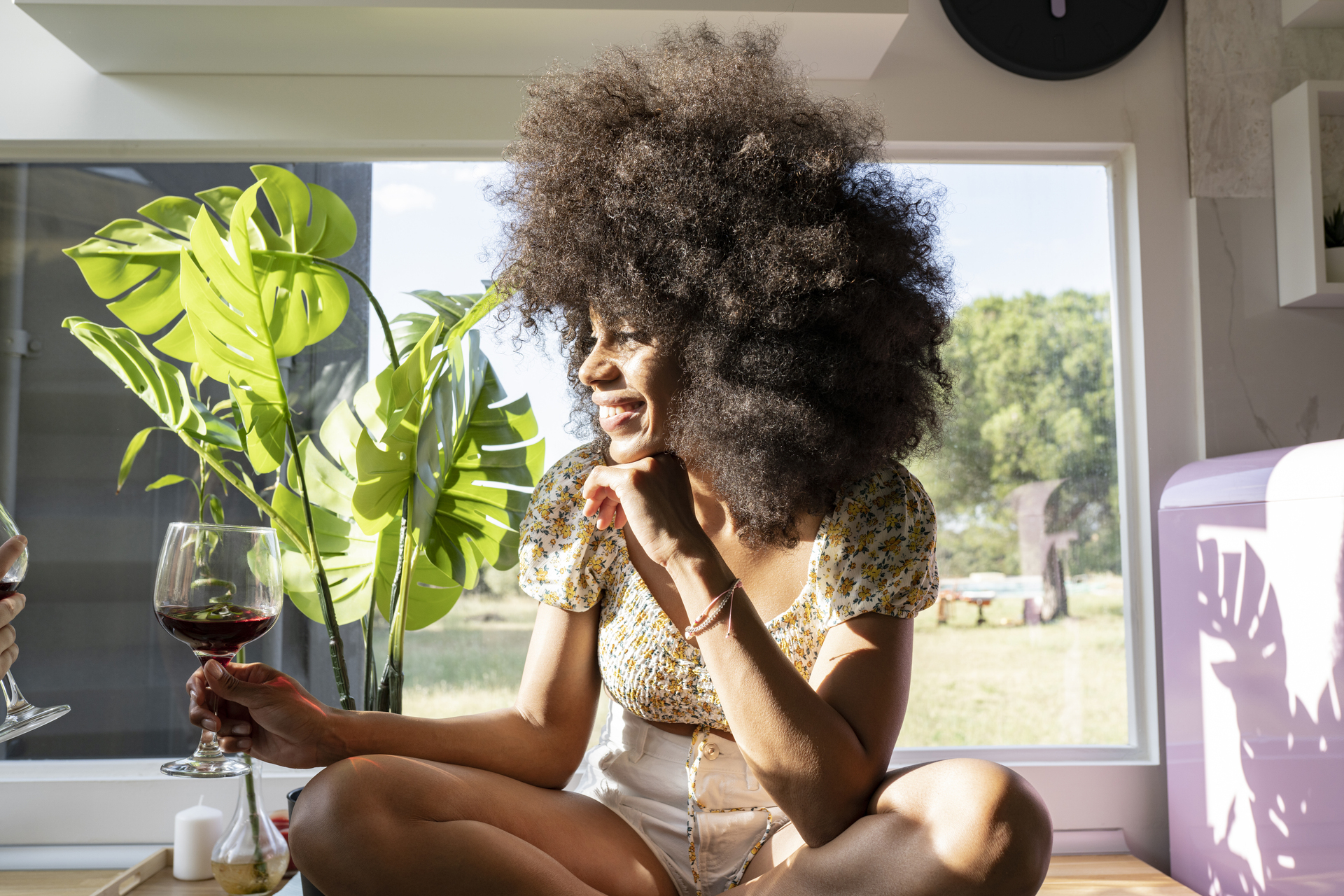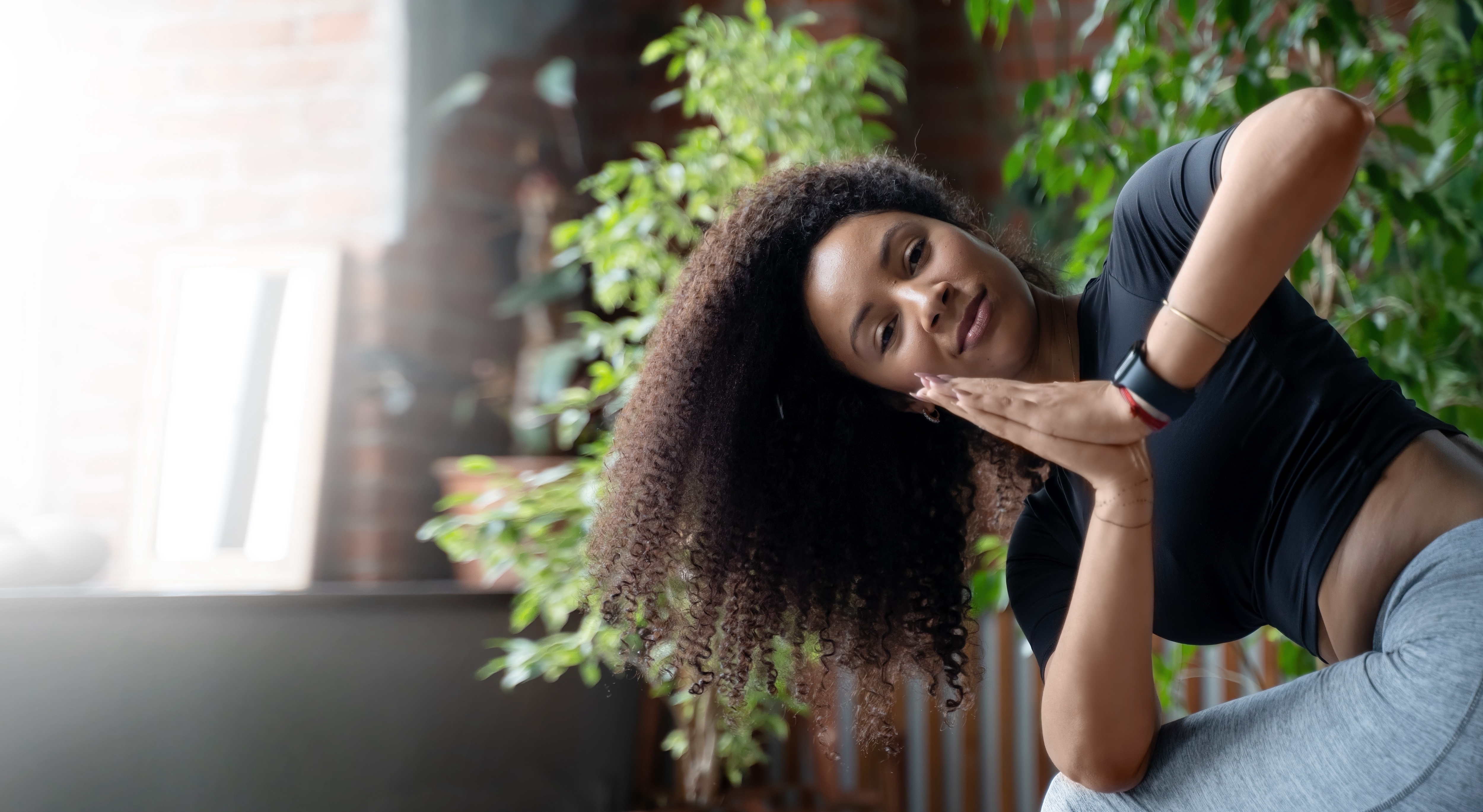How to Prepare Your Space for the Woman You’re Becoming
Our home is more than just a place to live. It is a reflection of who you are, the life you have lived, and the future you are creating. For many women, especially Black women balancing family, career, and personal growth, the home often holds both beauty and unprocessed experiences. Learning how to transform your space can become one of the most powerful acts of self-healing and self-expression.
When your space feels heavy with clutter or stagnant energy, it often mirrors an inner truth: that you are ready for change but something is blocking you from stepping fully into it. The kitchen that overwhelms you, the closet that no longer fits the woman you are becoming, the rooms that drain rather than restore you. These are not small inconveniences. They are signals. They are your home calling you to release, to renew, and to rise.
To embrace this change is not only about clearing a shelf or rearranging furniture. It is about giving yourself permission to create a sanctuary that honors your growth, your healing, and your worth. When you align your outer space with your inner life, you create an environment that both reflects who you are and powerfully supports the woman you are becoming.
Clutter as Emotional Weight
Rebekah Love, founder of Organize For Love and known as the “Home Therapist,” explains that clutter is rarely only about objects. It often carries the weight of memory and trauma. “Things are a reflection of our pain and our history,” she says. “Clutter creates mental fog and keeps us from focusing on ourselves, from pouring into our emotional and spiritual needs. Life becomes a constant struggle when your home is not in alignment.”
For Black women, the impact can be even more profound. Love notes that cultural narratives of perfection weigh heavily. “We are trained to be superwomen. When our homes do not look the way we are told they should, we carry guilt and shame on top of everything else. That heaviness keeps us from showing up fully, not only for ourselves but for our communities.”

First Practical Steps Toward Transformation
The first step to preparing your home for the woman you are becoming is not about bins or storage solutions. It begins with how you speak to yourself. Love emphasizes that self-talk sets the foundation for a healing home. “The best version of yourself believes that she deserves a good space. If you constantly call yourself messy or disorganized, you are speaking badly about your home, which is an extension of you.”
Love suggests starting with three practices:
- Speak kindly about yourself and your home. This mental shift changes how you approach your space.
- Assess your clutter level honestly. Love even created the Homebody Archetype Quiz to help women understand where they are starting from. Someone with piles of boxes needs different strategies than someone with unopened mail on the counter.
- Commit consistent time each day. Instead of overwhelming marathons, set aside fifteen to thirty minutes daily to work on one space. Over time, consistent practice creates lasting change.
Creating a Healing Environment
A healing home supports mental health by offering peace and clarity, but it begins with individual responsibility. “Radical responsibility for your own healing is what creates a healing home,” Love explains. “Every person in a household contributes their energy. You have to put your mask on first. If you are pouring from an empty cup, you will not have the capacity to declutter or to set the tone for the environment you want.”
For women balancing work, motherhood, and personal growth, this means prioritizing rest, nourishment, and self-care. Without it, the cycle of overwhelm continues, leaving no energy to manage the home.
The Role of Design and Intention
Organization and design are not only about aesthetics. For Love, they are about agency and identity. “For many Black women, curating a space that truly reflects who we are is a healing practice in itself,” she says. Choosing colors, textures, and images that affirm your identity can be transformative.
She encourages women to ask themselves simple but powerful questions: What do I really want? What makes me feel safe and at ease? The answers guide design decisions that honor your desires rather than defaulting to societal expectations or trends.
“Being able to freely express yourself in your first home, the place where you wake up and go to sleep, is not just healing for you,” Love explains. “It heals generational wounds and reclaims agency that many of us have been denied.”
Becoming the Woman Your Home Reflects
Your home is not separate from your identity. It is both a mirror and a collaborator. By speaking kindly to yourself, making consistent choices, taking radical responsibility for your healing, and designing with intention, you prepare your space for the woman you are becoming.
As Love reminds us, “When you create a home that reflects your truest self, you are not only healing yourself. You are creating a foundation that allows you to live with more clarity, freedom, and ease.” For women ready to take the next step, Love also offers Abode University, a twelve-week home organizing school where you declutter while healing and reclaiming yourself.








